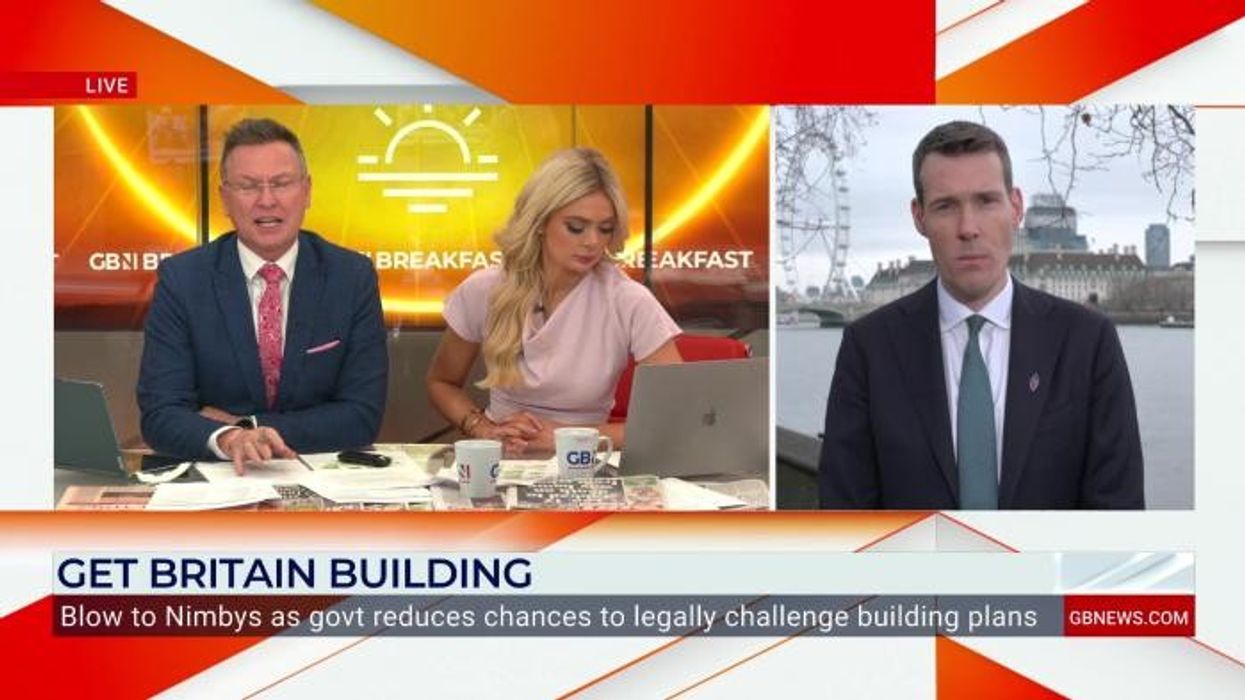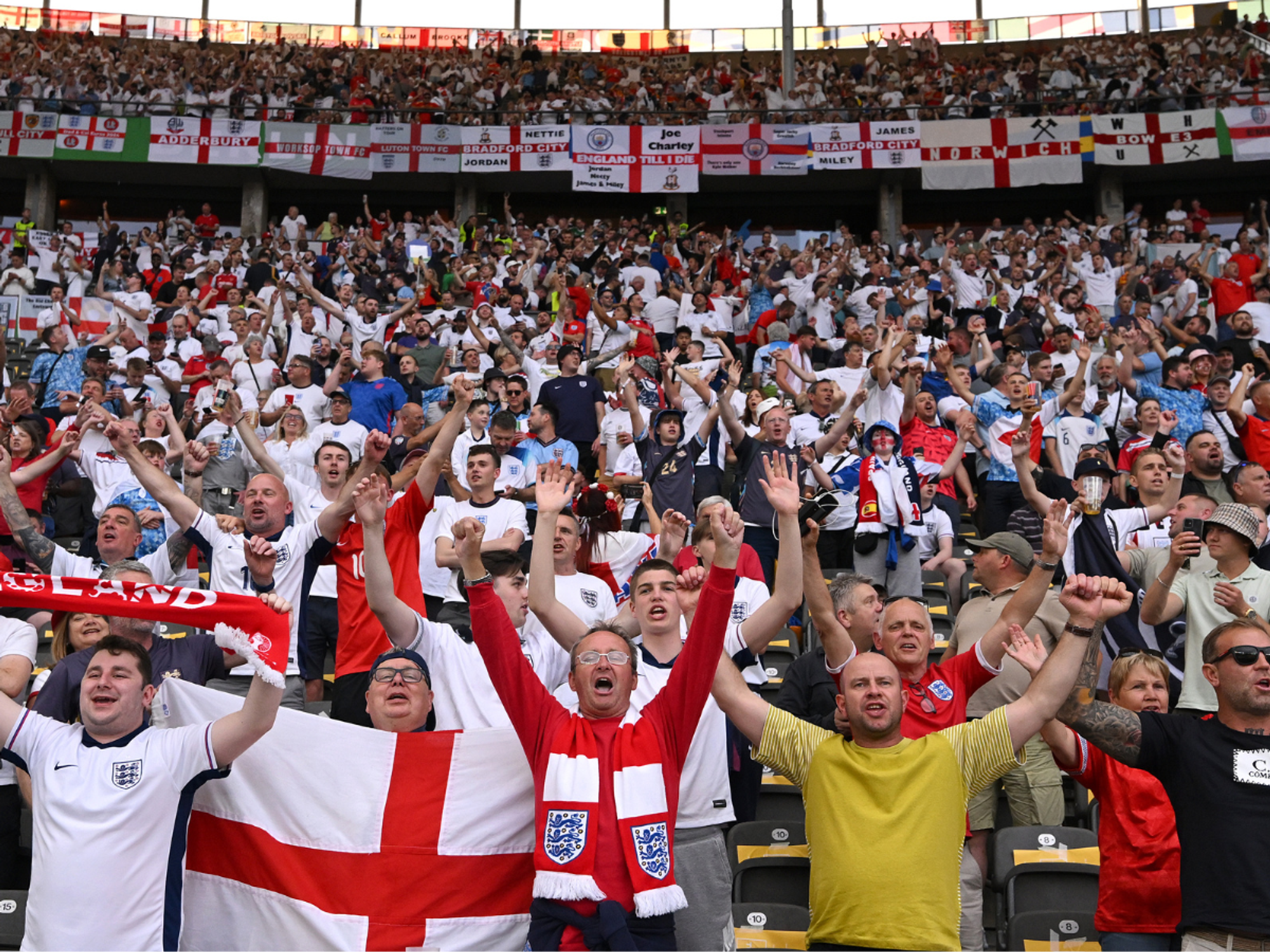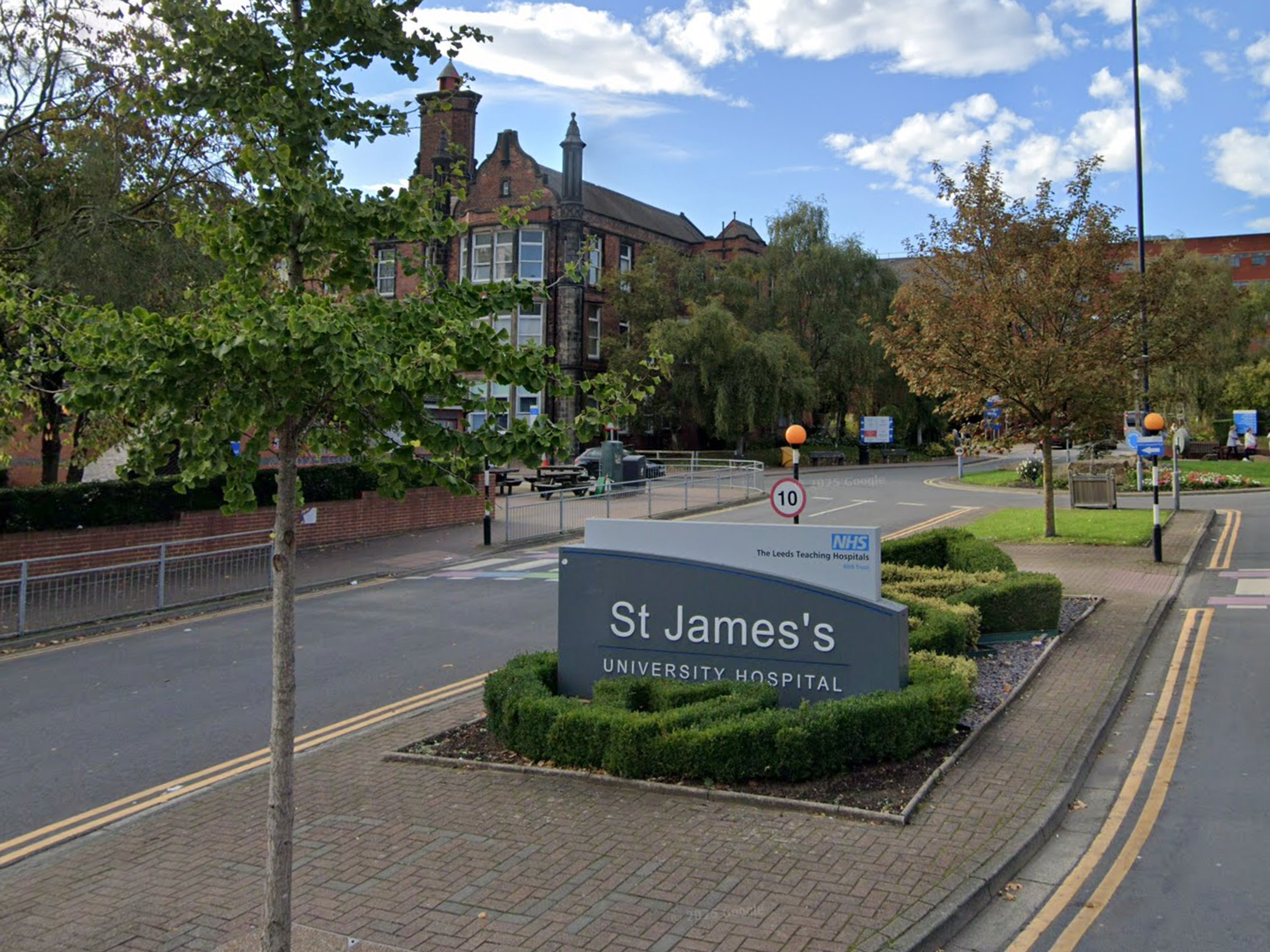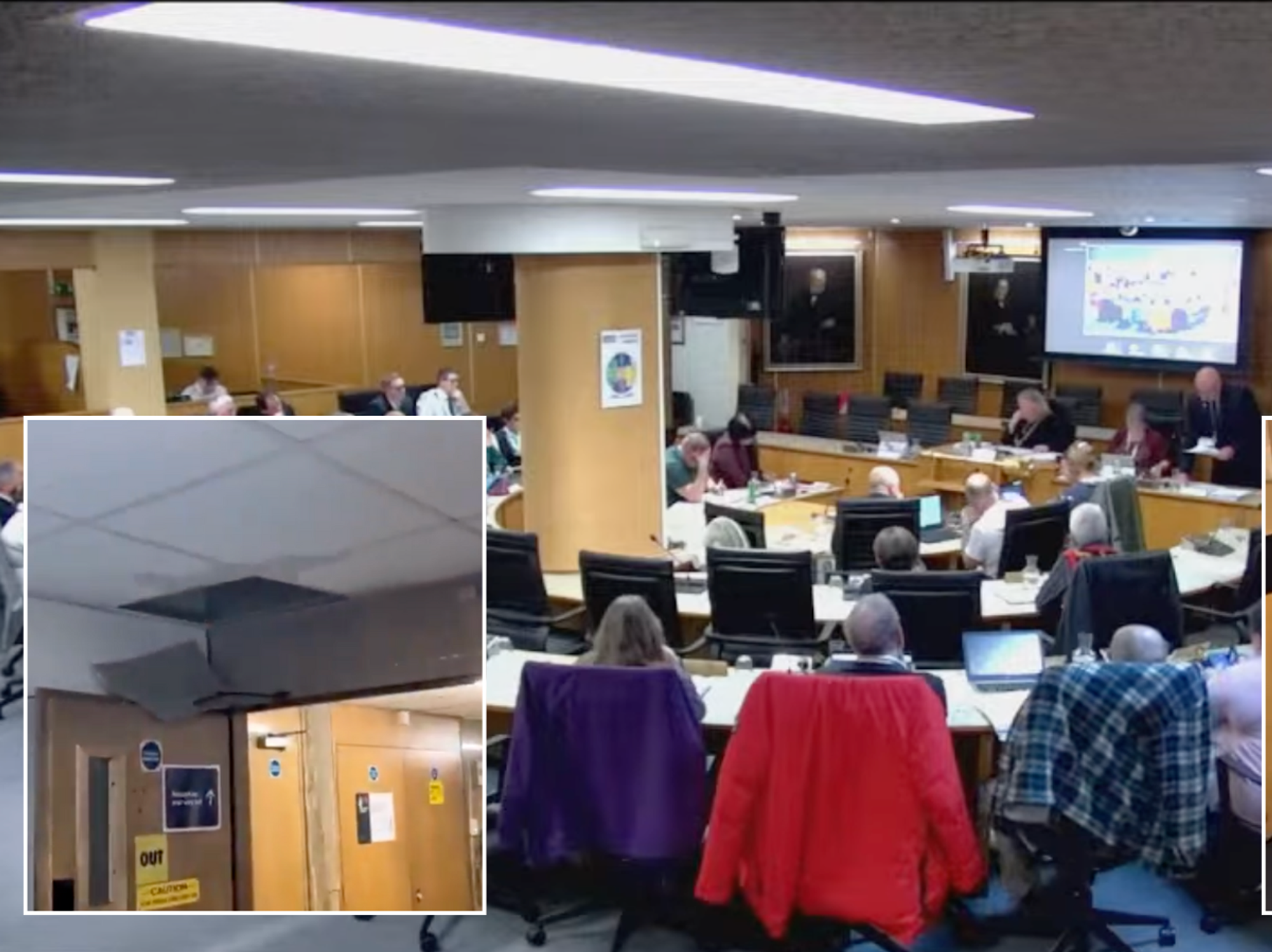Mortgage disaster as 1 in 10 Britons 'sacrificing savings' to meet interest rate-hiked repayments

Households are struggling to pay mortgage repayments as interest rates and the cost of living both remain high
Don't Miss
Most Read
Latest
One in ten homeowners in Britain are currently struggling to meet their monthly mortgage payments as the cost of living crisis and high interest rates continues to squeeze household finances.
The latest research from Go.Compare Home Insurance reveals that 12 per cent of homeowners are finding it increasingly difficult to keep up with their mortgage commitments.
In recent years, Britons have been forced to contend with hiked rates due to decision-making from the Bank of England in its fight to bring down the consumer price index (CPI) rate of inflation.
The central bank's Monetary Policy Committee (MPC) consistently voted to raise the nation's base to as high as 5.25 per cent to ease inflationary pressures, which was passed onto borrowers by high street lenders.
As it stands, the Bank's rate is sitting at 4.75 per cent with analysts predicting multiple cuts in 2025 which could bring down mortgage costs for homeowner down the line.
Do you have a money story you’d like to share? Get in touch by emailing money@gbnews.uk.

One in 10 homeowners are struggling with mortgage costs
|GETTY
Almost half of homeowners with mortgages report feeling worse off financially compared to a year ago, impacting their ability to manage essential bills and payments.
Many are finding their financial challenges intensified by increased interest rates and rising prices, with a third feeling more affected by the crisis than they were last year.
To manage the mounting financial pressure, 40 per cent of mortgage holders report having to reduce their savings contributions and a third of homeowners have been forced to cut back on entertainment expenses as they grapple with rising costs.
The research shows that many Britons are being forced to make difficult choices between immediate expenses and long-term financial security. The impact is particularly severe on essential financial planning, with some households having to reduce or pause their savings altogether.

New research indicates Britons are "sacrificing savings" to pay off their mortgages
| GETTYThese cutbacks are occurring against a backdrop where 91 per cent of Britons report that the cost of living crisis is affecting their finances with some opting to reduce spending on non-essential items.
Around 30 per cent of those polled by Go.Compare shared that they are cutting back on entertainment subscriptions while 19 per cent admitted to reducing their internet, TV, or phone packages.
Young adults aged 18-24 are among the most affected by the financial strain, with half reporting difficulties in affording basic necessities like rent and utilities. This age group shows the highest proportion of financial struggles across all demographics, with 36 per cent stating they feel worse off compared to last year.
One in 10 young adults have reduced or cancelled their home insurance coverage, while 11 per cent have cut back on pension contributions. In contrast, 37 per cent of those aged 40-59 and 26 per cent of over-60s are struggling with essential bills including mortgage repayments and utilities.
Despite younger people showing higher rates of difficulty with basic expenses, older generations report feeling a greater decline in their financial situation, with 46 per cent of over-60s and 41 per cent of 40-59s saying they are worse off than last year.
Nathan Blackler, an home insurance expert at Go.Compare, warns against cutting back on essential protections during financial hardship.
LATEST DEVELOPMENTS:
 The Bank of England's MPC will meet next month to discuss interest rates | GETTY
The Bank of England's MPC will meet next month to discuss interest rates | GETTY "In times of financial pressure, it's understandable that many people are making tough decisions about where to cut back. But one of the risks of sacrificing savings or other financial priorities is that essential protections, like home insurance, can sometimes get overlooked," he said.
He emphasised that while insurance might seem non-essential, lacking proper coverage could leave families vulnerable to unexpected events.
"If you're already struggling financially, the cost of having to repair or replace damaged property can feel overwhelming and could lead to even more strain," Blackler added.
He advised those facing financial difficulties to seek guidance from the Money and Pensions Service.











